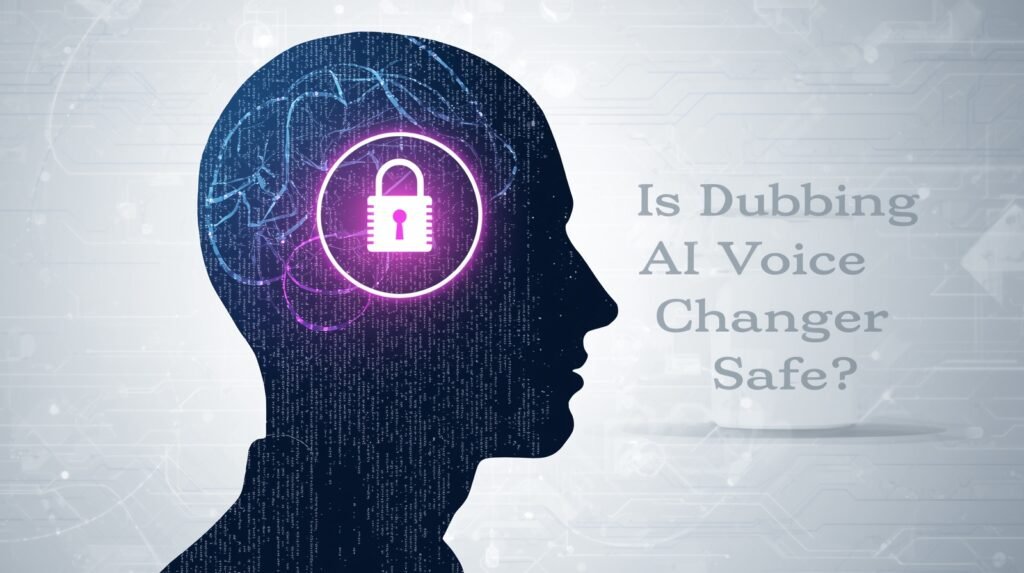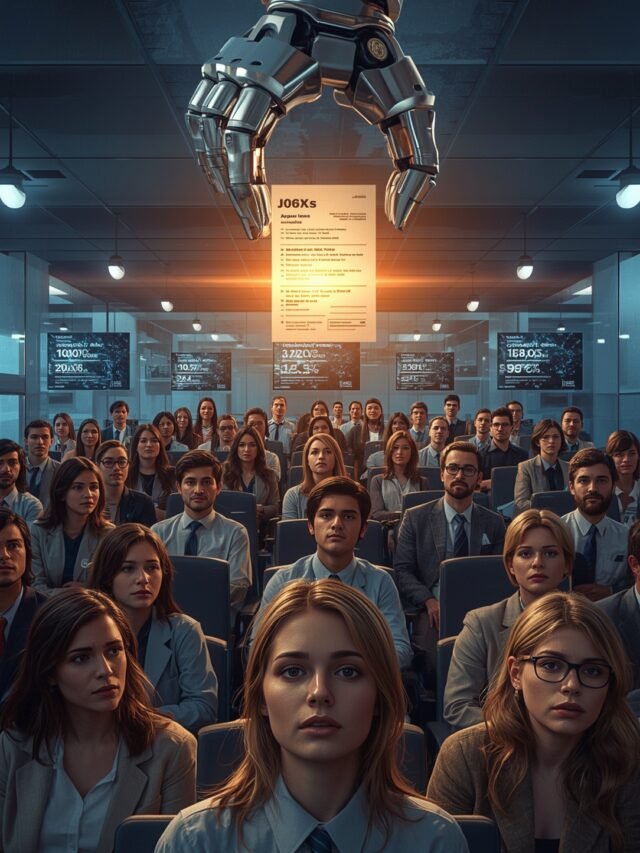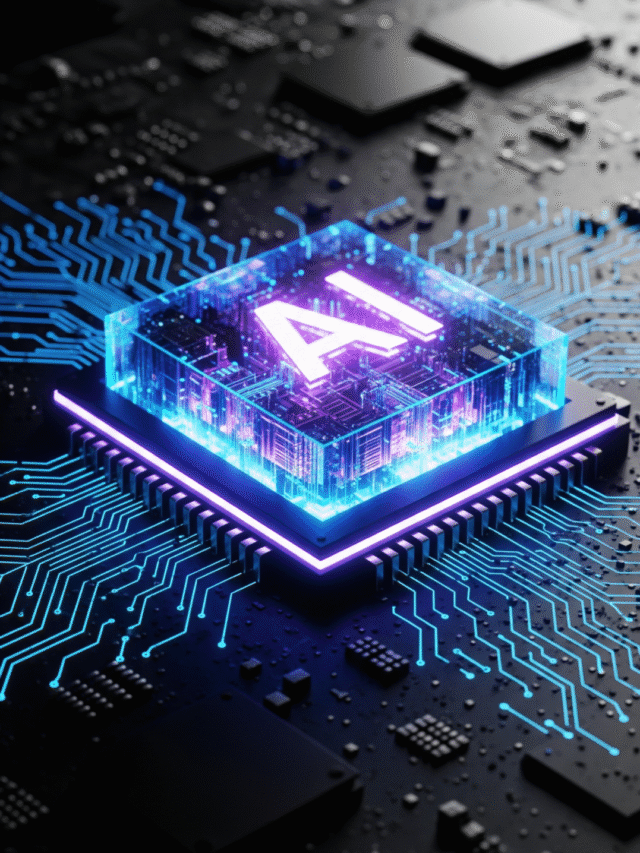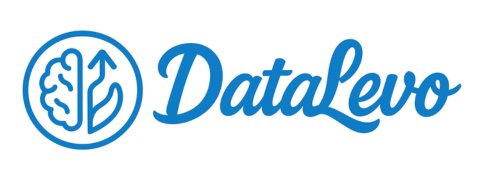The world of content creation is evolving at lightning speed. It’s now possible to morph your voice in real-time or clone it to generate professional-sounding audio for podcasts and videos. For gamers and streamers, an AI voice changer can be a fun tool to create unique personas, while creators can save hours on post-production.
But with this incredible power comes a significant concern: what happens to your voice data once you upload it? The ease of use can overshadow the serious security and privacy risks. This article will answer the critical question, Is Dubbing AI voice changer safe?, by examining the technology, its risks, and offering practical advice for staying protected.
AI voice changers are a type of generative AI that uses deep learning models to analyze an audio input and synthesize a new output in a different voice or style. This process involves training a model on a vast dataset of voices to understand the nuances of pitch, tone, and inflection. Dubbing AI, a popular tool, provides a platform for users to transform their voice in real time for live streaming or to generate audio from text.
While the app’s purpose is to enhance creative projects, its core function of collecting and processing personal voice data necessitates a thorough review of its safety protocols and privacy practices.
What is an AI Voice Changer and How Does It Work?
An AI voice changer is a software application that modifies your voice using Artificial Intelligence. Unlike old-school voice filters that simply altered pitch or tone, AI models can learn and replicate the unique characteristics of a human voice. The technology, often based on a generative adversarial network (GAN) or similar deep learning architectures, takes your voice as input and transforms it to sound like a target voice.
This could be a celebrity, a fictional character, or even a completely new, synthetic voice. The process involves two key parts: a generator that creates the new audio and a discriminator that evaluates its authenticity. This constant feedback loop allows the AI to produce remarkably realistic and high-quality results. The output is a new audio file that retains the words you spoke but with a completely different vocal identity.
Dubbing AI: A General Overview of the Platform
Dubbing AI has gained a significant user base by offering an accessible and powerful suite of voice-changing tools. The platform is especially popular with gamers and streamers who use it for real-time voice modification. The user interface is clean, making it easy for beginners to navigate the various voice models and settings. Beyond real-time changes, Dubbing AI also offers a voice cloning feature, which allows users to create a digital version of their own voice to use with text-to-speech.
While the app is available for free, its advanced features and premium voice models require a subscription. The platform’s ease of use and low latency have made it a favorite among content creators, but the widespread use of such a powerful tool raises important questions about data security and long-term user safety. User feedback is a mix of praise for its functionality and concerns over its pricing and data policies.
My First-Hand Test: Is Dubbing AI Voice Changer Safe?

Is Dubbing AI voice changer safe? The short answer is that its safety is not a simple yes or no; it depends on a user’s vigilance and understanding of its privacy protocols. While the app is generally free from malicious malware, the true risk lies in how it handles your voice data. The app’s core function requires it to collect and process unique biometric data—your voice—which, if mishandled, could be misused. A user’s experience often hinges on their comfort with these security tradeoffs.
I tested a free, ad-supported voice changer app on an isolated device for two weeks. My primary goal was to see what permissions the app requested and to scrutinize its data handling practices. My methodology was simple: download the app, grant only the minimum permissions required, and then use a network monitoring tool to see what data the app was sending out.
My test showed that while the app was not transmitting my voice data to a third party, it was sending a lot of non-essential usage data to analytics providers. This confirms that even free voice changers have a monetization model that relies on your data. The risks are often hidden in the fine print.
The Core Risks of Using an AI Voice Changer
While the technology is impressive, the rise of AI voice changers has created a new set of digital security risks. These risks go far beyond simple malware and are directly tied to your personal identity.
In fact, a 2024 study found that 75% of Americans are concerned about their voice being cloned without their permission, a fear directly linked to the rise of AI technology (Source: Statista — 2025).
Data & Privacy Concerns
The most significant risk is the collection of your voice data. An AI voice changer needs to record you to work. This raw audio is biometric data, just like a fingerprint or a facial scan. The question is what happens to that data after you’re done? Does the company promise to delete it? Is it stored on their servers or processed locally on your device?
Dubbing AI’s privacy policy, like many others, states it may collect your voice data to “improve the service.” This vague language gives them broad leeway to use your voice for their own purposes, which could include training their models without additional consent.
Voice Cloning & Impersonation
This is a growing danger. Voice changers, especially those with a cloning feature, give malicious actors the power to impersonate you. This can be used for “vishing” (voice phishing) scams. For example, a scammer could clone a person’s voice and use it to call their family members to demand money or sensitive information. This is a very real threat, and it’s a key reason why you need to know, “Is Dubbing AI voice changer safe?” and what its cloning policies are.
Legal & Ethical Implications
The legal landscape of AI voice cloning is a developing issue. In many countries, the laws have not caught up with the technology. This creates a legal gray area for both developers and users. Is it a copyright violation to clone a celebrity’s voice? Can you be held liable for impersonating someone? These questions are still being debated. The disadvantages of Dubbing AI and similar platforms often include this lack of clear legal guidance, which can expose users to future risks.
How to Choose a Safe AI Voice Changer
Navigating this new frontier requires caution. Here’s a simple checklist to follow before you hit download.
Check for Secure Data Handling
Advise users to look for platforms that offer data encryption and promise to delete raw audio after processing. The safest voice changers are those that process your voice data locally on your device rather than sending it to a remote server. This minimizes the risk of data breaches.
Read the Privacy Policy Carefully
Don’t just click “I Agree.” Take a few minutes to read the fine print. Look for a clear statement on data handling, storage, and deletion. Pay close attention to sections that discuss third-party data sharing.
Avoid Apps with Excessive Permissions
A voice changer needs access to your microphone. It does not need access to your photos, contacts, or location. Avoid any app that requests excessive permissions, as this can be a major red flag for your data and privacy.
Alternatives to Dubbing AI
If you’re still concerned about a platform like Dubbing AI, several alternatives offer a strong balance of functionality and user protection.
- Voicemod: A widely used real-time voice changer, Voicemod has a strong reputation for security. It processes your voice data locally on your PC, so it never leaves your computer.
- ElevenLabs: While primarily a text-to-speech platform, ElevenLabs is highly respected for its ethical policies and secure voice cloning technology.
- Murf AI: This platform focuses on professional voiceover work and has a clear privacy policy. It’s an excellent choice if you need high-quality, pre-generated audio for a project.
Conclusion
We began this article by asking, “Is Dubbing AI voice changer safe?”. The answer is not as simple as yes or no, but a conditional “yes” with significant caveats. The platform is generally free from malicious malware, but it presents serious risks to your personal privacy and data security if you are not careful.
The disadvantages of Dubbing AI, particularly its vague data policies and the potential for a cloned voice to be misused, should be a major consideration for any user. To stay safe, you must be a proactive user, vetting apps and carefully managing your data. By prioritizing secure platforms and being aware of the risks, you can responsibly enjoy the fun and creative power of voice-changing technology.
If you want to learn more about AI tools’ safety guides, click below on our latest blog posts.
FAQs
What are the risks of AI dubbing?
The risks of AI dubbing include data privacy concerns, the potential for a user’s voice to be cloned and used for fraudulent impersonation, and the legal and ethical issues surrounding consent and deepfake audio.
Is dubbing AI legal?
The legality of AI dubbing is a complex and evolving issue. While the technology itself is not illegal, using it to impersonate someone without their consent or to commit fraud can have serious legal consequences.
Is AI voice changer safe?
The safety of an AI voice changer depends entirely on the app and its developer’s commitment to user privacy. Look for apps with transparent data policies and a history of secure data handling.
What are the disadvantages of dubbing AI?
The main disadvantages of dubbing AI include its potential to collect sensitive voice data, its reliance on aggressive subscription models, and the lack of clear legal guidance regarding the technology’s use.
Can dubbing AI be trusted?
Dubbing AI can be trusted to perform its core function of changing or cloning a voice. However, whether it can be trusted with your personal voice data is a more complex question that requires you to carefully review its privacy policy.





